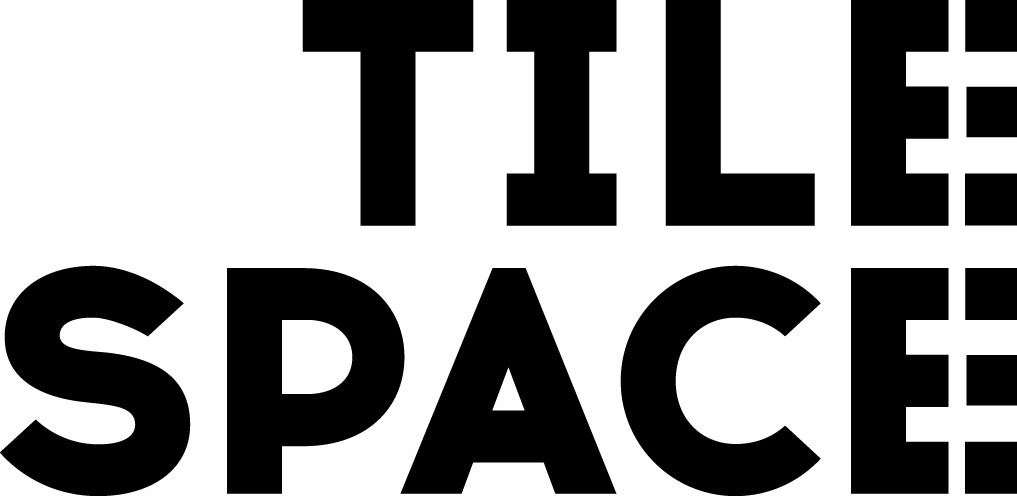Interior Award Categories
Our mandate is to uncover the best in the industry, celebrate it and inspire designers to aim for equal or higher benchmarks for the betterment of our built environment.
To do this we judge project entries across eleven award categories.
Retail
This category recognises a shop, retail outlet, showroom, department store, food market etc.
Hospitality
This category recognises a cafe, bar, restaurant, motel, hotel, boutique lodge etc.
Healthcare and Wellness
This category recognises a surgery, medical practice, hospital, gym, yoga studio, later-living and assisted living developments, spa, dentist etc.
Civic
This category recognises a gallery, museum, concert hall, theatre, exhibition venue, place of worship, library, community centre, consulate, law court, parliamentary building, airport, railway station, port and ferry terminal, etc.
Workplace – up to 1000m2
This category recognises an office, studio, warehouse, factory etc.
Workplace – over 1000m2
This category recognises an office, studio, warehouse, factory etc.
Education
This category recognises schools, universities (including halls of residence), child and daycare centres, learning facilities, etc.
Residential
This category recognises the entire interior design within a house, villa, townhouse, apartment or unit.
Residential Kitchen
This category recognises the design of a kitchen within a house, villa, townhouse, apartment, unit etc – commercial kitchens are excluded.
Community Impact
The Community Impact Award recognises the invaluable contribution of architects and designers who collaborate with communities and not-for-profit organisations, often on a pro bono basis, to create meaningful spaces.
To be eligible for this award, projects must have been completed and handed over to the client or community between 1 January 2020 and 31 August 2023. This timeframe ensures that the lasting impact and benefits of the project can be observed and measured.
Eligibility Criteria:
The project cannot be fully funded by a Government Ministry, Agency or local government (territorial, regional or unitary councils).
The project must have substantial community funding or fundraising. You will be required to provide details of how the project was financed.
Projects will be judged on the social impact and community benefits they provide, rather than traditional design elements such as innovation, quality or materiality. Projects might include community hubs such as hall spaces, cultural centres, sports clubrooms, surf lifesaving clubs, local museums and health centres.
The winning project will receive $3000 for the community it benefits. The two finalists will each receive $1000. The prize money is awarded to the community benefiting from the project.
A Community Impact project cannot be entered into any other category this year.
Information required for submission is listed here.
*This award category is not eligible for the Supreme Award.
Emerging Design Professional
This category recognises professionals 35 years of age or under on, or before the 1 May 2025, either employed in a design or architecture practice; or self-employed.
(An exception to the age requirement will be made for those who have changed career and joined the design industry later, but who are under the age of 40 on or before 1 May 2025, and have been employed or self-employed for a maximum of 8 years).
The Judging Criteria:
- Detail your body of work within the design sector along with your professional achievements.
- State your design philosophy, including how this is manifested in the design of projects you have been involved in.
- Optional statement of support or endorsement from employer/client.
$1,500 cash prize is awarded to the Emerging Design Professional.
*This award category is not eligible for the Supreme Award.
Key Dates and Entry Process









